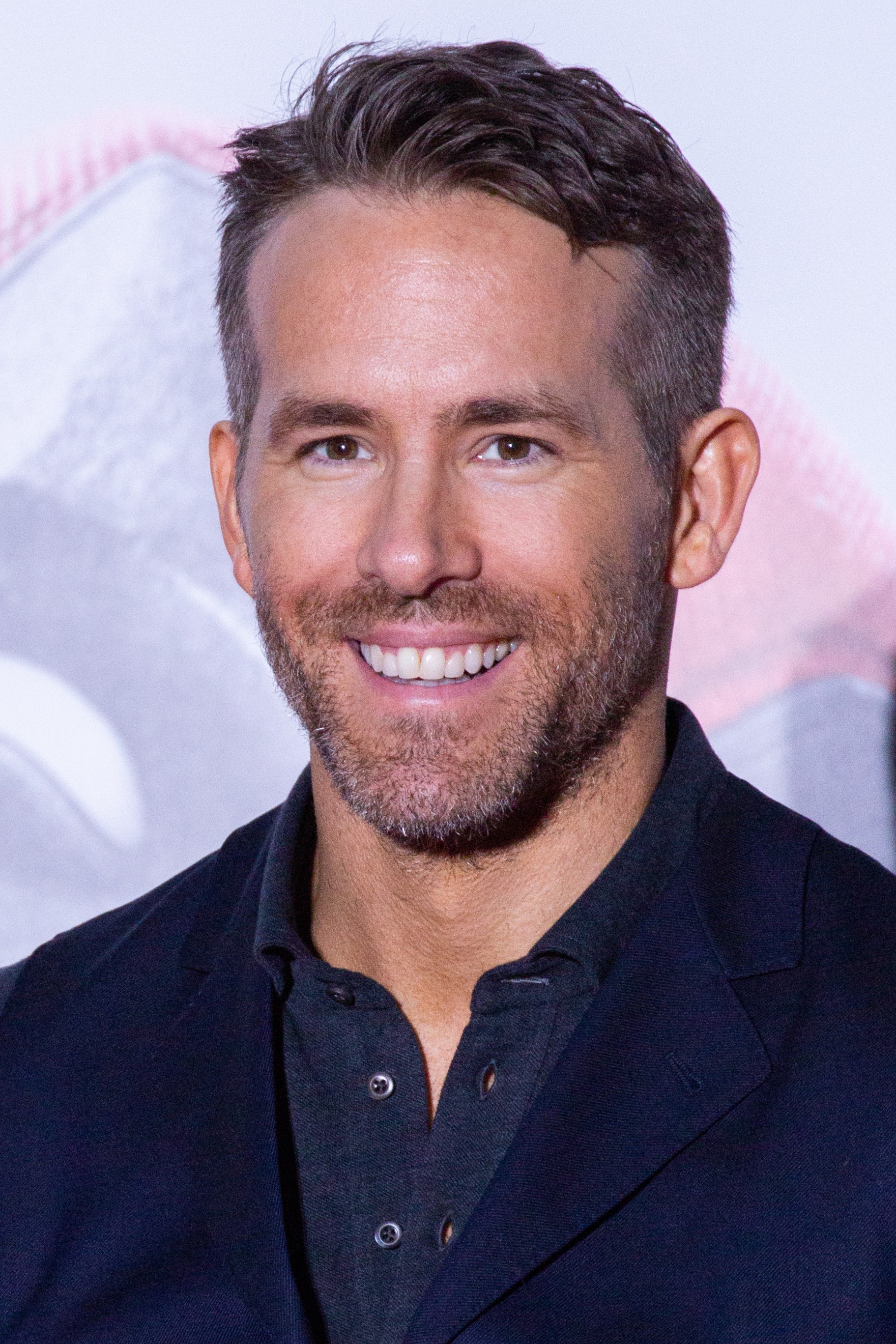 Millions of American struggle with mental health problems. In fact, one in four people will experience a mental illness of some kind during their lives. Yet, while some 18.9% of the U.S. population experiencing a mental illness, many of us don’t talk about it. For many of us, that means associating mental illness with stigma and shame. It means living with mental disorders so that they progressively get worse, while failing to get help. And it means failing to pay attention to your mental health so that you can manage it and stay healthy.
Millions of American struggle with mental health problems. In fact, one in four people will experience a mental illness of some kind during their lives. Yet, while some 18.9% of the U.S. population experiencing a mental illness, many of us don’t talk about it. For many of us, that means associating mental illness with stigma and shame. It means living with mental disorders so that they progressively get worse, while failing to get help. And it means failing to pay attention to your mental health so that you can manage it and stay healthy.
Driving healthy discussions about mental illness, mental health, and getting help is a powerful way to help people recognize their own problems, their own issues, and that there’s nothing wrong with being mentally ill. Mental illnesses like anxiety, bipolar disorder, depression, and schizophrenia don’t diminish you as a person and they’re nothing to be ashamed of. In fact, some of the most successful people on the planet struggle with their own mental illnesses, and many have spoken up about how those illnesses affect them and their lives. For many of us, seeing “perfect” people speaking up is a good reminder that we don’t have to be perfect, it’s okay to admit to having problems, and it’s okay to get help.
Kanye West – Bipolar Disorder
Kanye West’s bipolar disorder came to public attention in July, 2020, after the star posted a rant on his Twitter account and following several bizarre public appearances during his presidential campaign. But, while Kanye West’s mental illness is far from common knowledge, it’s not the first time the star has spoken up about his mental health. Kanye appeared in, “My Next Guest Needs No Introduction” on Netflix, where he discussed Bipolar disorder, his treatment, and how it affects him. Kanye openly admits to needing medical care, although at the time of the show, he had moved to “natural” treatment but strongly encouraged others to seek out a doctor and get treatment where recommended.
Kanye shares a bipolar diagnosis with about 2.8% of the U.S. population, making it one of the most common mental illnesses. With extreme mood changes and shifts in energy, manic depression or bipolar disorder can dramatically affect the lives, careers, and interpersonal relationships of the people who have it. While it’s a lifelong disorder, medication, therapy, and counseling do help you to learn coping mechanisms and do reduce the extremes of the disorder.

By David Shankbone - Own work, CC BY 3.0, Link
Chrissy Teigen – Postpartum Depression

By David Shankbone - Own work, CC BY 3.0, Link
Chrissy Teigen is well-known for her sassy Twitter posts, sharing incredibly real, funny outtakes from her life, but the former Sports Illustrated model’s life hasn’t been as glamorous as her early career. Teigen opened up about her battle with anxiety and postpartum depression in a 2017 Glamour article. She followed up on that talk in her Glamour 2020 interview, speaking about how depression changed her life.
“It was a sad existence. There were no highs. It was a flatline of life for a few months. You hear these horrific stories of people not seeing their child as theirs, or wanting to hurt them, and I never felt that way. That’s why I put off getting it checked as I hated myself, not my child. I don’t know why I didn’t realize, as it was so obvious to everyone else! John was there when the doctor gave the diagnosis and, of course, he already knew. I didn’t know it could sneak up so late or that it could happen to someone like me.”
Up to 75% of women experience a 2-week period of depression following childbirth, but some 15% of those women will continue to experience symptoms for months or even years after. Postpartum depression is one of the most common depression-related illnesses in the United States, but it is treatable.
Ryan Reynolds – Anxiety
Ryan Reynolds is well-known for portraying smooth-talking and suave characters on-screen, but off-set, Reynolds has revealed his battles with debilitating anxiety and depression. The star first opened up about his off-screen anxiety in a 2018 New York Times piece, where he talked about panic attacks, vomiting from nerves, and being so tense from pressure and expectations that he did not sleep or stop working. While Reynolds opened up about his anxiety as part of a promotion for his character, Deadpool, the revelation of a mental illness, and how even wildly successful people struggle with expectations, anxiety, and stress remains valid.
About 40 million adults will experience anxiety each year in the United States, with many experiencing 6-18 months of symptoms and others experiencing lifelong symptoms. As one of the most common mental illnesses, anxiety is well understood, treated with behavioral therapy and sometimes medication, and nothing to be ashamed of.

By Dick Thomas Johnson from Tokyo, Japan - Deadpool 2 Japan Premiere Red Carpet: Ryan Reynolds, CC BY 2.0, Link
Demi Lovato – Depression and Eating Disorders
Demi Lovato has spent a large part of her career vocally advocating for mental health awareness, removing stigma around mental illness, and getting help. The singer has discussed her depression, her eating disorders, and her battles with substance abuse, including a 2018 overdose that proved near-fatal. She’s also opened up about her past history of abuse, including traumatic experiences at the hands of her father, manipulation and restriction of her lifestyle by her team, and loneliness.
“I think it’s important that people no longer look at mental illness as something taboo to talk about. It’s something that’s extremely common, one in five adults has a mental illness, so basically everyone is essentially connected to this problem and this epidemic,” she explains. “The problem with mental illness is people don’t look at it as a physical illness. When you think about it, the brain is actually the most complex organ in your body. We need to treat it like a physical illness and take it seriously.”
Lena Dunham – OCD and Anxiety
Lena Dunham is best-known for her TV show, “Girls”, but offscreen, the actress, producer, and director struggles with mental illness. Dunham was diagnosed with obsessive compulsive disorder and anxiety as a child and has received treatment for both for most of her life. Lena’s disorder has been debilitating for her without medication, and she openly shares how it affected her before and after treatment, and how she was only able to seek out help after seeing people she looked up to do the same.
OCD affects 2.3% of the U.S. population to varying levels of severity, but symptoms are often debilitating. Getting help often includes behavioral therapy, where you work to train new coping mechanisms to replace obsessively counting, organizing, biting, or other behaviors. While the public understanding of OCD is very much “someone who is very neat”, OCD can dramatically impact your life, is often comorbid with depression and anxiety, and it’s important to seek out help so you can improve your life.
Millions of us struggle with mental health problems, disorders, and illnesses. Even the rich and famous are not immune from disorders and illnesses of the brain, despite having all the time and money to solve those problems. There’s no shame or stigma in remaining aware of your mental health, getting help when you need it, and working to create a good life for yourself.

By David Shankbone - Own work, CC BY 3.0, Link
